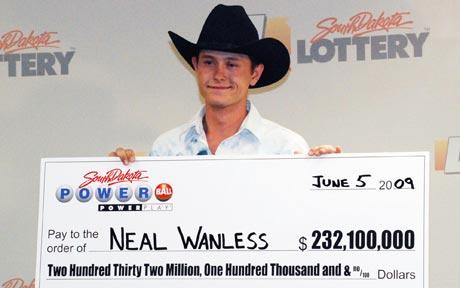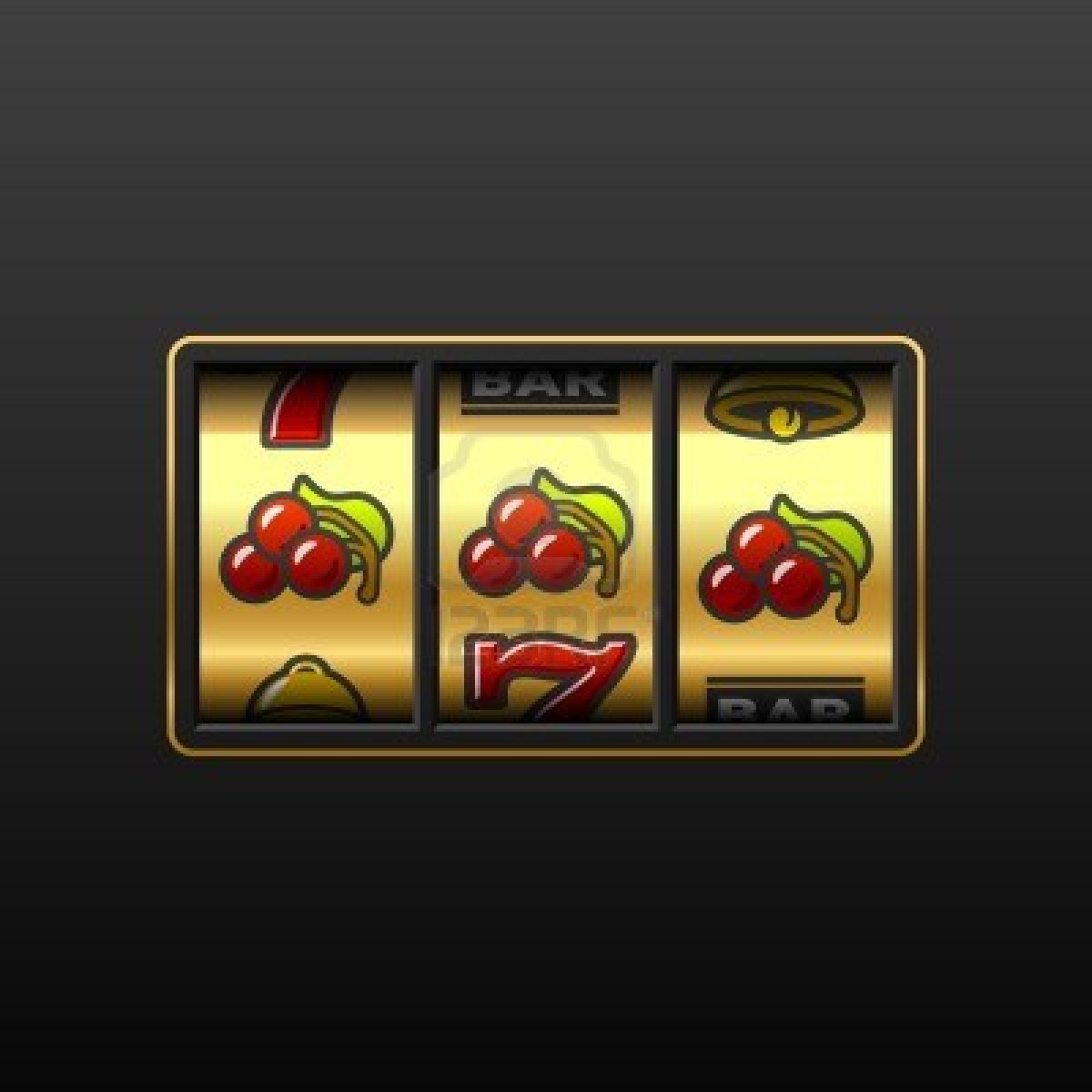
What should I think about the Twitter IPO?
Mostly you should think about Las Vegas, Nevada, as a number of important analogies apply here.[1]
First – The Poker Table
You know the rule that if you’re sitting at the poker table, and you’re not sure who the sucker is, then it must be you?
That’s you, the retail buyer, in any IPO.
Why do I say that? How do I know that?

The people who have the most information about Twitter are the insiders in the business. They are the founders and the earliest private equity investors, and they know this business inside and out. They have lived and breathed this company since its existence. You have not.
The next most knowledgeable people are the bankers and financiers, who evaluate newish companies, in emerging industries, with swiftly changing technologies, and uncertain cashflows, for a living. They live and breathe stories and companies like Twitter, which you do not.
Now, at the poker table, the insiders and the bankers know their own cards, and they also know your cards, as well as the next few cards coming up on the flop, the turn, and the river. Nine out of the ten folks at the table in this transaction know more than you do. Interestingly, they are extraordinary friendly and welcoming of you at their poker table.
You should not be thinking “Huh, this Twitter IPO looks like an Ace – Seven off-suit. If I can hit another Ace as a table card, I might do pretty well at this table with these so-called pros. That would be sweet!”
No. Instead, you should be thinking: ”My what big eyes they have,” and “My, what large teeth they have.”
Remember this: The insiders – the most knowledgeable people – with the help of their bankers – the next most knowledgeable people – are all selling their ownership in this company. They are indicating, in the clearest terms possible, that they believe the company is more valuable right now than it will be in the near future.[2]
Do you doubt this? If the insiders believed – on a probabilistic basis – that the company will be worth significantly more 1 to 5 years from now, they would not be selling their ownership. They would wait for it to become more valuable. These are all rational, smart, people.
You, on the other hand, are the easy mark. Have a seat. Come play poker with me.
Second – Extraordinary Payouts
“But,” you are quick to think, “I’m pretty sure from watching TV that there’s a lot of money being made somewhere in this IPO. Isn’t that what it’s all about?”
Yes, this is true.
State lotteries display big winners in their advertisements, and at press conferences. Casinos make sure to tout all the big jackpots their customers have made in slots, or poker tournaments, or on their easy roulette wheels and craps table.

And those winners are real people, with real payouts.
But that is not your role, as a retail investor, in an IPO. You do not get that goofy oversized check.
The people with the big payouts from the Twitter IPO are the insiders, the founders, the executives, and the early private equity backers of Twitter. The IPO represents a giant payout for them.
The massive payouts to insiders give the Financial Infotainment Industrial Complex the equivalent of that goofy oversized check to breathlessly illustrate a big transaction like Twitter’s IPO.
Remember, that payout is real, but it’s not for you.
Third – The Flashing Lights, Whistles and Bells
If you have walked the floor of any casino, the flashing lights and whistles and beeping buffeted you. These sounds and lights provide an untrustworthy signal that “Wow, somebody is making money here!”
The Financial Infotainment Industrial Complex goes into high gear with an IPO like Twitter’s to provide the flashing lights and beeping and sound of coins dropping incessantly.
Their goal – as always in all of this – is to capture newsstand sales, Nielson ratings, page views, and click-throughs, with emotionally gripping, eye-catching, events.[3] The Twitter IPO provides just such an event.
A flashy score for a small group of entrepreneurs and investors is that opportunity for the clink-clank-clink-clink of Triple Cherries, just as you slip past, flushed with heightened oxygen levels, trying to navigate the purposefully crooked casino floor, on your way to the restroom.

In sum, try to buy a piece of the casino, but do not gamble
Unless you are an insider in some way to the Twitterverse, you have no business participating in the Twitter IPO, or practically any IPO for that matter.
Don’t get me wrong: Investing in public companies – with a long time horizon – is a fabulous opportunity. I even took all of my 8 year-old daughter’s savings and invested them in the stock market to teach her about this opportunity.
To extend the casino analogy even further, long-term stock ownership is like owning a piece of the casino. You may have short-term ups and downs, but in the long run the odds will work out in your favor because you have house-odds, and you will build wealth, almost inevitably.
And also, please don’t get me wrong about Twitter. I’m agnostic about Twitter as an investment opportunity. I would describe every other highly-discussed IPO similarly.[4] I assume mutual funds that I own will end up purchasing some Twitter shares, and I’m perfectly fine with that, over the long run, and in a diversified portfolio.
I love public stock ownership, and I’m happy for the few folks for whom this Twitter IPO will be a meaningful event.
But the point here is that Twitter’s IPO is, and should be, entirely irrelevant to the rest of us and our financial lives. But the casino makes it hard for us to ignore it as we should.
[1] Really, this applies to any IPO. I don’t mean to pick on Twitter, except I’m fairly sick of hearing about it and its IPO should be totally irrelevant to all but a few dozen people on this planet.
[2] Warren Buffett on IPOs “It’s almost a mathematical impossibility to imagine that, out of the thousands of things for sale on a given day, the most attractively priced is the one being sold by a knowledgeable seller (company insiders) to a less-knowledgeable buyer (investors).”
[3] If you have not walked the floor of a casino because you prefer to stay home and knit tea cozies, that’s cool. I admire you. Let me give you another analogy for the relationship between us and the Financial Infotainment Industrial Complex. We are the kittens. They hold the ball of string.
[4] The last high profile IPO I wrote about, Facebook, I got to combine a favorite Wall Street phrase with a favorite classic rock lyric. And I was just as jaded about IPOs.
Post read (6042) times.


